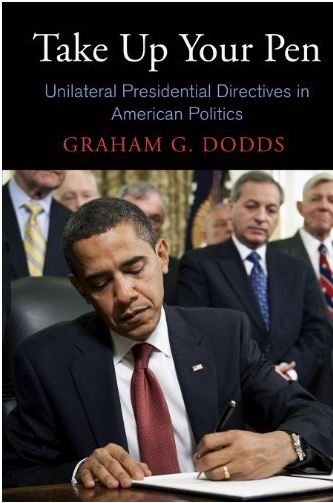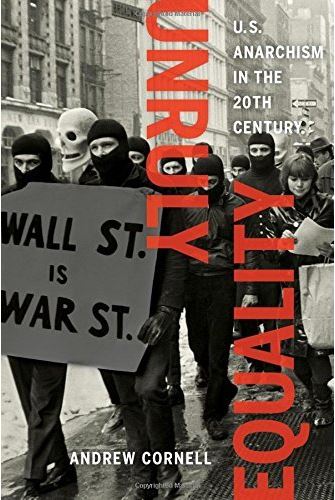War and Society
by Miguel A. Centeno and Elaine Enriquez
War is a paradox. On the one hand, it destroys bodies and destroys communities. On the other hand, it is responsible for some of the strongest human bonds and has been the genesis of many of our most fundamental institutions.
War and Society addresses these paradoxes while providing a sociological exploration of this enigmatic phenomenon which has played a central role in human history, wielded an incredible power over human lives, and commanded intellectual questioning for countless generations. The authors offer an analytical account of the origins of war, its historical development, and its consequences for individuals and societies, adopting a comparative approach throughout. It ends with an appraisal of the contemporary role of war, looking to the future of warfare and the fundamental changes in the nature of violent conflict which we are starting to witness.
This short, readable and engaging book will be an ideal reading for upper-level students of political sociology, military sociology, and related subjects.




